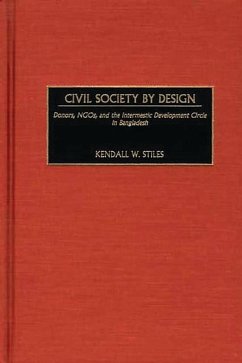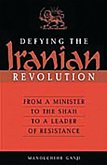Drawing on years of research and direct experience in Bangladesh, Stiles pulls together theoretical strands from economics, sociology, and anthropology to help explain an emerging social structure in the Third World. These structures, which he calls intermestic development circles, bring together international donor agencies with various domestic community and private organizations. In Bangladesh not-for-profit agencies are dramatically transforming their operation and organizational cultures, while in turn Western NGOs are themselves changing in subtle ways. Scholars of development will find Stiles's intriguing account of the reciprocating effects of extensive interaction, cooperation, and tensions between international donors and domestic recipients informative and provocative. Moving through three discernable phases, each one explainable by resort to different theories, these development circles grow from mere trading arrangements to a coherent social structure, separate from the rest of civil society in Bangladesh. While in the process of the not-for-profits receiving assistance become wealthier and more effective, they lose much of their local identity and become part of a transnational network. At the same time, donors must recast themselves in order to work effectively with these agencies, which often creates tension between local and home offices. The book closes with some recommendations that might attenuate some of the more troubling effects of this transformation.
Bitte wählen Sie Ihr Anliegen aus.
Rechnungen
Retourenschein anfordern
Bestellstatus
Storno









